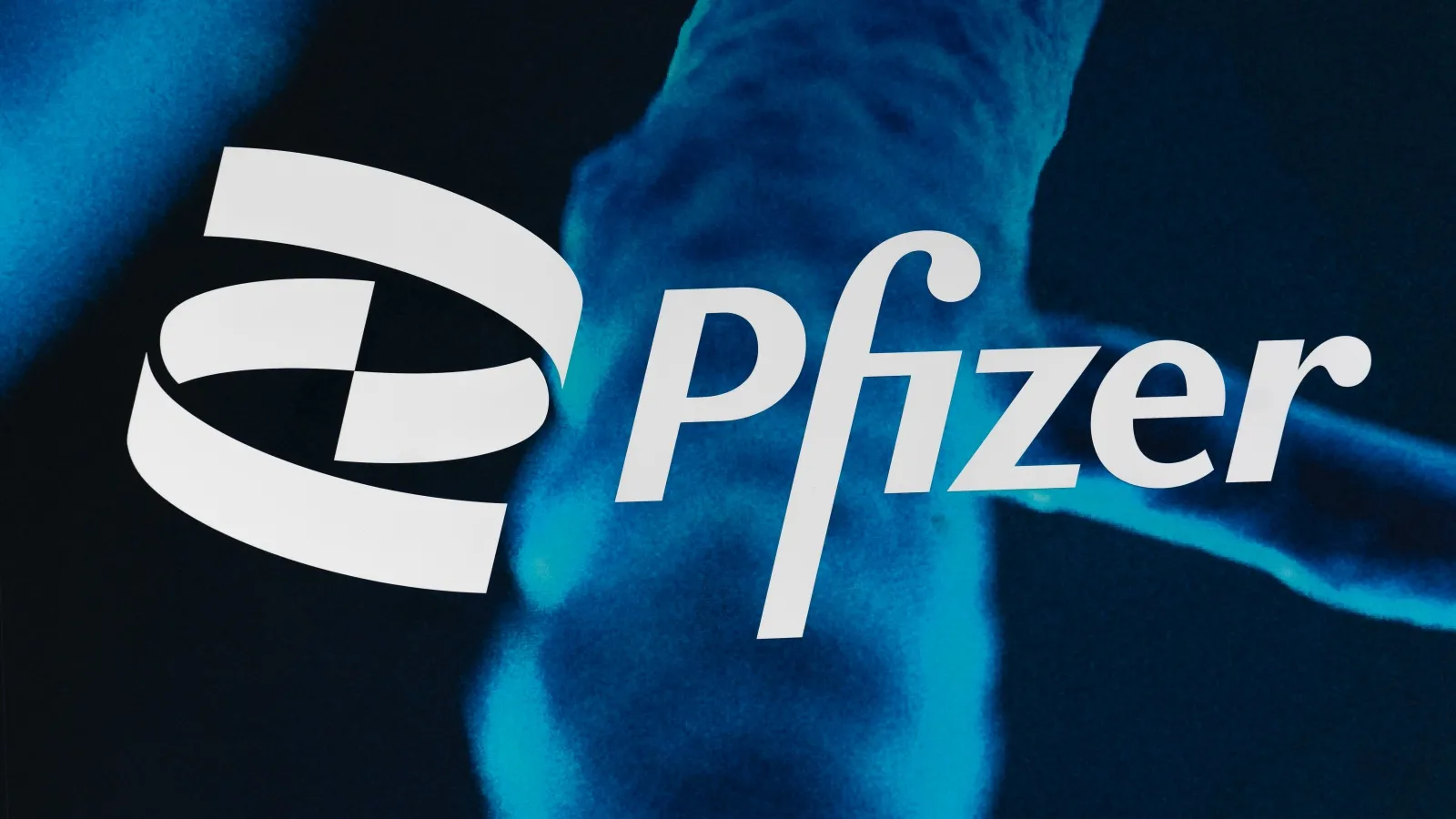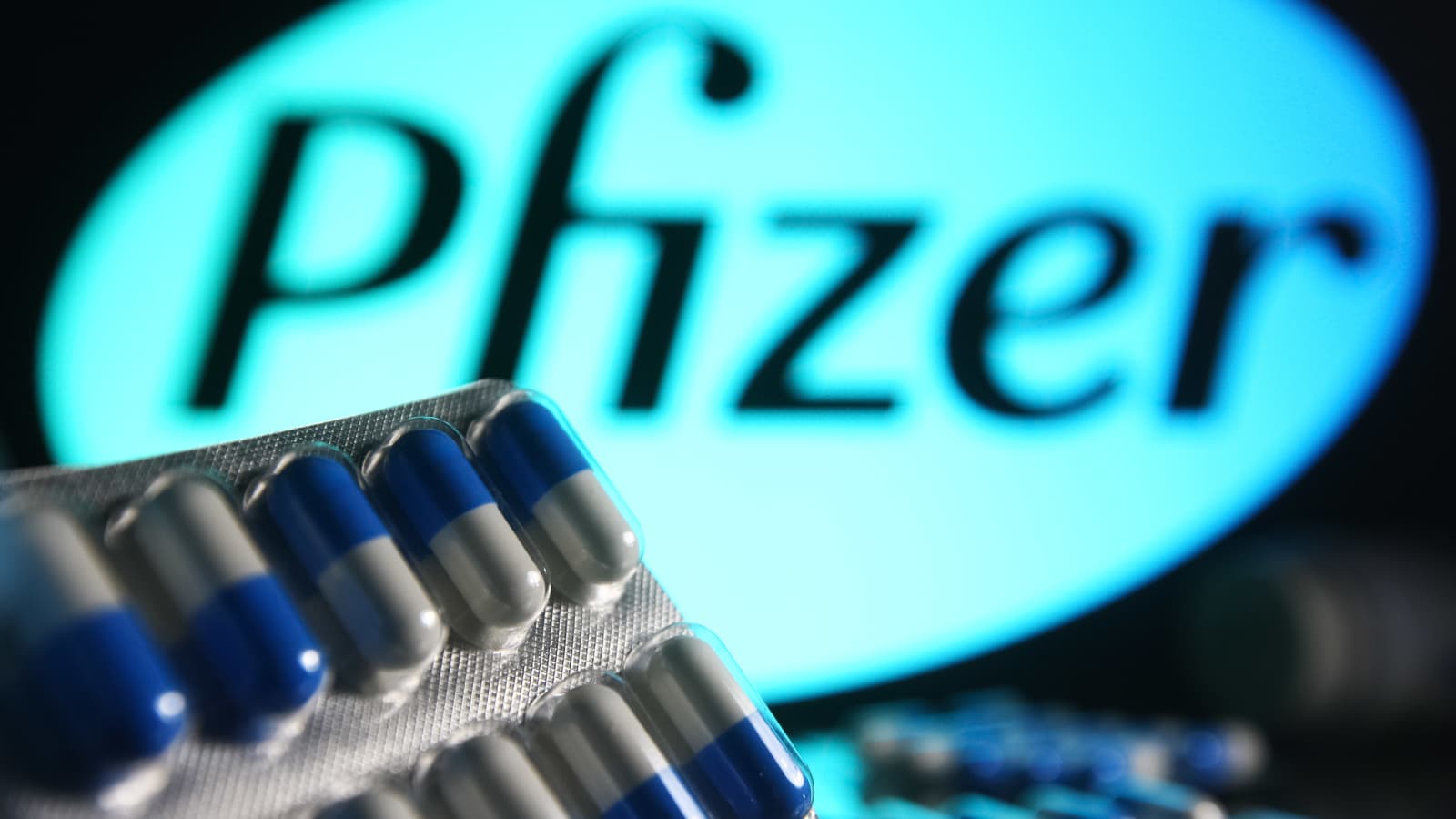Pfizer announced on Friday that it will cease development of the twice-daily version of its experimental weight loss pill.
This decision follows a mid-stage clinical trial where, despite significant weight loss observed in obese patients, many had difficulty tolerating the drug.
The trial revealed high rates of mild, primarily gastrointestinal side effects, and a substantial number of patients discontinued use of the pill, which was designed to be a more convenient alternative to popular weight loss injections.
The company stated that the twice-daily danuglipron formulation will not proceed to Phase 3 studies.
However, Pfizer plans to release data on a once-daily version of the drug in the first half of 2024, which will help determine the next steps.
Pfizer will review this data before deciding whether to advance the once-daily pill to Phase 3 trials, which Wall Street considers the more competitive form of the treatment.
Pfizer’s shares fell by 5% on Friday following the announcement of the trial results. This setback is significant for Pfizer’s ambitions to capture a portion of the $10 billion weight loss drug market, which CEO Albert Bourla has projected could grow to $90 billion.
The company is relying on a successful weight loss pill to offset declining demand for its Covid products and a roughly 40% drop in its share price this year.
Investor sentiment has been cautious about Pfizer’s prospects in the weight loss drug market, especially after the company abandoned a different once-daily pill in June in favor of the less appealing danuglipron.
Friday’s data further places Pfizer behind leading players in the weight loss drug market, Eli Lilly and Novo Nordisk, which are developing pill versions of their successful weight loss and diabetes injections.
Pfizer’s Phase 2 trial for the twice-daily pill involved around 600 obese adults without Type 2 diabetes and assessed the drug’s impact on weight loss over 26 or 32 weeks, with dosages ranging from 40 milligrams to 200 milligrams.

Similar to Novo Nordisk’s Wegovy and Ozempic, Pfizer’s pill mimics the GLP-1 hormone, which signals satiety to the brain. The trial demonstrated that the twice-daily pill achieved “statistically significant” reductions in body weight.
Patients taking the pill lost between 6.9% and 11.7% of their body weight at 32 weeks, and between 4.8% and 9.4% at 26 weeks, compared to a 1.4% weight gain at 32 weeks and a 0.17% gain at 26 weeks for those on a placebo.
Despite the weight loss, adverse events were common among participants. Up to 73% experienced nausea, up to 47% had vomiting, and up to 25% had diarrhea.
More than 50% of patients across all dosages stopped taking the pill, compared to about 40% of those on the placebo. No new safety concerns were identified, and the pill was not linked to increased liver enzymes, unlike Pfizer’s other discontinued weight loss pill.
The Phase 2 trial data will be presented at a scientific conference or published.
Analysts had predicted the tolerability issues seen in the trial. David Risinger of Leerink Partners noted that discontinuation rates for Pfizer’s twice-daily pill were likely higher than those for Eli Lilly’s once-daily orforglipron, partly due to the higher daily dose of danuglipron.
There is hope that the once-daily version may improve tolerability, with Pfizer’s chief scientific officer suggesting that this formulation might reduce gastrointestinal side effects.
However, Barclays analyst Carter Gould expressed skepticism about whether a once-daily version would significantly improve tolerability.
The weight loss achieved with the twice-daily pill fell short of some analysts’ expectations, who had anticipated a 14% to 15% weight reduction to be competitive.
Eli Lilly’s once-daily pill showed up to 14.7% weight loss in a Phase 2 trial, and Novo Nordisk’s high-dose oral semaglutide also demonstrated strong results.
Overall, Pfizer’s pill data is seen as disappointing, with the company struggling to catch up to Eli Lilly and Novo Nordisk in the weight loss market.







Leave a Reply